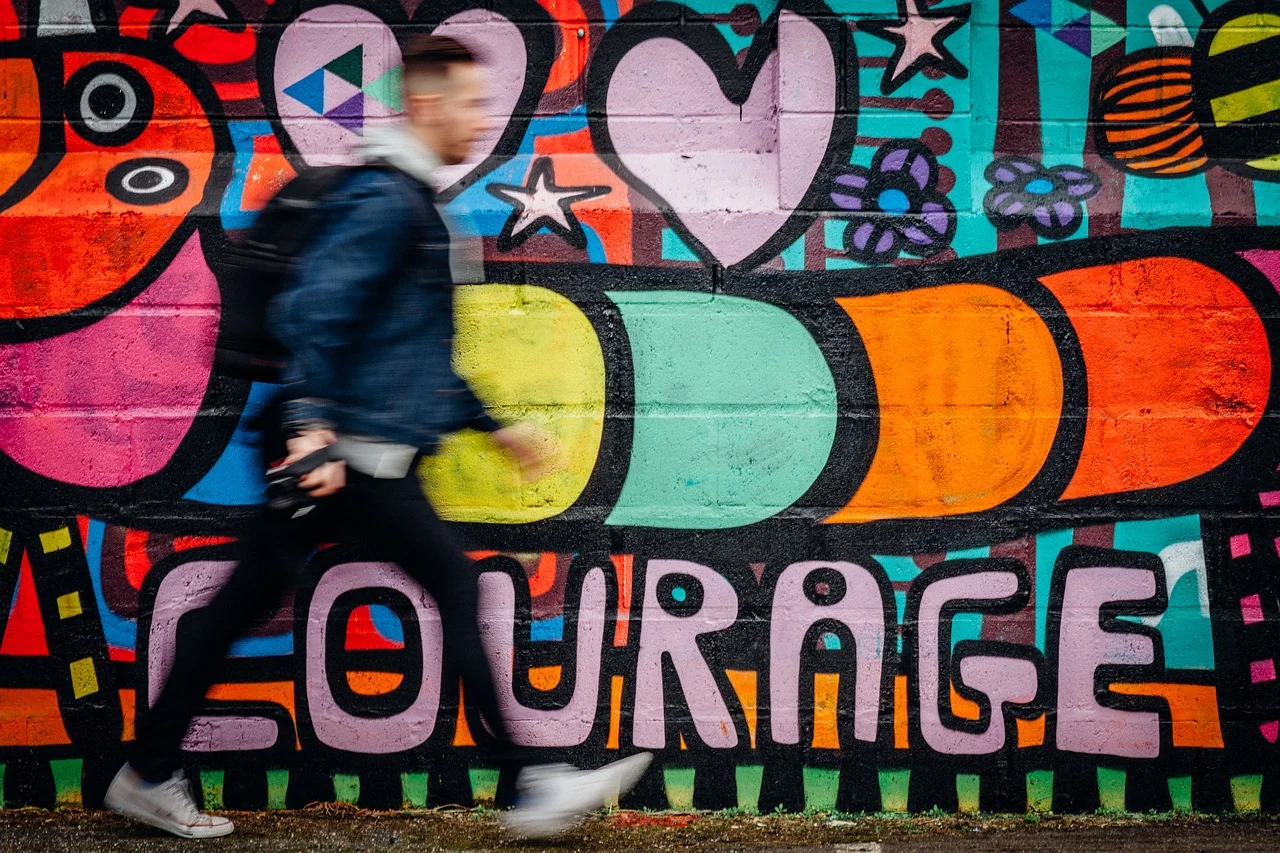From the earliest myths to modern novels, literature has offered more than entertainment—it has shaped the way we see ourselves and the world. Among the most enduring elements of these stories are the heroes at their center. Whether flawed or virtuous, relatable or extraordinary, literary heroes act as mirrors, mentors, and motivators. Their journeys become blueprints for our own, inspiring readers to face fears, pursue growth, and summon courage in everyday life.
Literary heroes do not simply perform great feats—they embody values, endure trials, and reflect the emotional challenges that define human existence. By following their narratives, readers often gain insight into their personal struggles and develop tools for overcoming them.
The Power of Identification
One reason literary heroes inspire so powerfully is that readers identify with them. Whether it’s the reluctant courage of Frodo Baggins or the moral conviction of Atticus Finch, heroes provide a model of someone navigating hardship with integrity. Even when their circumstances are far removed from our own, their emotional responses—fear, doubt, resilience—mirror what readers experience in real life.
This identification fosters empathy and internal reflection. Readers begin to see parts of themselves in these characters and imagine how they might act in similar situations. The act of reading, then, becomes more than passive consumption; it becomes a rehearsal for courage and ethical decision-making.
Facing Fear Through Fiction
Fear is a central obstacle that many literary heroes must overcome. From Harry Potter’s confrontation with Voldemort to Jane Eyre standing firm against societal expectations, great characters must choose courage over comfort. These acts of bravery often begin in quiet, internal resolve before manifesting in action—just like the growth of real individuals.
For readers, witnessing this transformation can be empowering. It reminds them that courage does not always mean dramatic heroics. Sometimes, it means speaking up, setting boundaries, or taking responsibility. By showing characters who struggle with fear yet still move forward, literature validates vulnerability and promotes inner strength.
Moral Development and Ethical Guidance
Many literary heroes are defined by the ethical choices they make. In Harper Lee’s To Kill a Mockingbird, Atticus Finch chooses to defend an innocent man despite overwhelming social opposition. His calm persistence and sense of justice model moral leadership for readers, encouraging them to act with conscience even in difficult environments.
Such stories offer more than admiration—they provide ethical frameworks. Readers are challenged to examine their own values and ask how they might respond to injustice or moral ambiguity. Literature doesn’t always offer clear answers, but it does encourage moral exploration in ways that foster maturity and awareness.
Heroes in Everyday Disguise
Not all literary heroes are warriors or revolutionaries. Some are quiet figures whose strength lies in endurance, compassion, or self-discovery. Characters like Anne Shirley from Anne of Green Gables or Charlie in The Perks of Being a Wallflower show that heroism can exist in personal transformation, emotional resilience, and the courage to be oneself.
These heroes are especially important for readers who feel out of place or unsure of their identity. They offer comfort and inspiration, proving that one’s story does not need to be filled with dramatic events to be meaningful. Personal growth, self-acceptance, and quiet courage are just as heroic.
Expanding Worldviews Through Diverse Heroes
The growing diversity in literature has introduced readers to heroes from a wide range of cultures, backgrounds, and life experiences. This expansion allows readers to step into unfamiliar shoes and see the world through different lenses. Heroes like Celie in Alice Walker’s The Color Purple or Starr Carter in Angie Thomas’s The Hate U Give reflect lives shaped by racial injustice, poverty, or social marginalization.
These characters help readers understand systemic issues and personal resilience in new ways. They deepen empathy, challenge stereotypes, and promote social awareness. In this way, literary heroes not only encourage individual growth but also societal consciousness.
Resilience in the Face of Adversity
A consistent theme among literary heroes is their ability to persist. They fail, fall, and falter—but they continue. This depiction of resilience offers a powerful message for readers facing their own hardships. Whether it’s Katniss Everdeen navigating a dystopian world or Santiago from The Old Man and the Sea confronting the vastness of nature, the struggle becomes symbolic of our own trials.
By showing that progress often comes through perseverance, literature reminds readers that growth is not linear. Setbacks are not signs of failure but part of the journey. Heroes help normalize the process of stumbling, learning, and ultimately rising stronger.
The Role of Reflection and Self-Awareness
Unlike action-driven heroes in movies or games, literary heroes often invite readers into their thoughts. Internal monologues, doubts, and self-questioning create a deeper, more intimate understanding of the character’s growth. This reflective quality encourages readers to engage in their own introspection.
Through these internal journeys, readers are prompted to ask questions about their motivations, fears, and values. This inward attention is key to personal development. Just as a literary hero must understand themselves before facing the world, readers are encouraged to develop self-awareness as a form of empowerment.
Inspiration for Change and Action
The influence of literary heroes often extends beyond the page. They can serve as catalysts for real-world action. Historical records and personal testimonies often show that people inspired by literature have gone on to pursue careers in law, education, activism, or creative fields—all because a character once helped them believe they could.
Books like Les Misérables or A Man’s Search for Meaning have been cited by readers as life-changing texts. In these works, the protagonists’ moral endurance and philosophical clarity light a path forward. The stories become more than fiction—they become blueprints for how to live with purpose.
Turning Pages, Changing Lives
The enduring power of literary heroes lies not in their perfection, but in their transformation. They face fears, make choices, endure setbacks, and evolve—and in doing so, they give readers permission to do the same. Through identification, introspection, and inspiration, these characters act as silent guides on the reader’s own path of growth.
From epic quests to quiet revelations, the journeys of literary heroes serve as reflections of our deepest challenges and aspirations. They show that courage is not the absence of fear, but the willingness to keep going despite it. By turning pages, readers don’t just follow a story—they engage with a narrative that can shape how they see the world and themselves.


